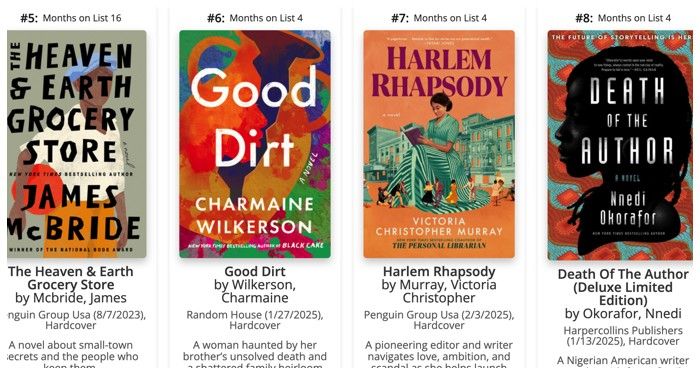Now Reading: LIBBY EMMONS: AI generates lies, media outlets run them without checking
-
01
LIBBY EMMONS: AI generates lies, media outlets run them without checking
LIBBY EMMONS: AI generates lies, media outlets run them without checking

An advertorial named Heat Index syndicated in the Chicago Sun-Times and the Philadelphia Inquirer was found to contain numerous false information generated by AI. The writer responsible for compiling the list of essential summer literature books used AI to create the list and descriptions without verifying the accuracy of the data. The list was then submitted to editors who also did not fact-check it before publishing it in newspapers nationwide.
The advertorial titled “303 Must-Dos, Must-Tastes, and Must-Tries” featured around 10 non-existent books with woke themes, falsely attributed to real authors. For instance, a book attributed to Isabel Allende called Tidewater Dreams, described as a multigenerational saga with elements of magical realism and environmental activism, was completely fabricated. Another fake book, Nightshade Market by Min Jin Lee, depicted a story set in an illegal night market in Seoul exploring various social issues.
Additionally, false books like Boiling Point by Rebecca Makkai and The Last Agorithm by Andy Weir were included in the list with misleading summaries. These inaccuracies, termed as AI hallucinations, originate when AI extrapolates incorrect information from the provided data.
The author behind these fabrications, Marco Buscaglia, acknowledged using an AI tool called ChatGPT to create the content. However, he failed to validate the accuracy of the information generated by the tool, and the editors who reviewed the material also neglected to fact-check it. This incident highlights the lack of scrutiny in the journalistic and editorial process, allowing AI-generated falsehoods to circulate unchecked.
The misuse of AI in content creation points to a larger issue within the industry, where efficiency often supersedes accuracy. As AI technology becomes more prevalent, it is crucial for users to understand its limitations and potential pitfalls.






